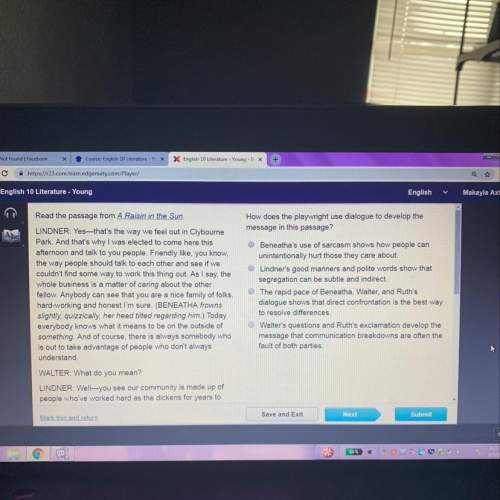Frankenstein Chapter 2, Excerpt 2
By Mary Shelley
Victor Frankenstein continues recount...

Frankenstein Chapter 2, Excerpt 2
By Mary Shelley
Victor Frankenstein continues recounting the influences that lead to his great experiment:
An accident again changed the current of my ideas. When I was about fifteen years old we had retired to our house near Belrive, when we witnessed a most violent and terrible thunderstorm. It advanced from behind the mountains of Jura, and the thunder burst at once with frightful loudness from various quarters of the heavens. I remained, while the storm lasted, watching its progress with curiosity and delight. As I stood at the door, on a sudden I beheld a stream of fire issue from an old and beautiful oak which stood about twenty yards from our house; and so soon as the dazzling light vanished, the oak had disappeared, and nothing remained but a blasted stump. When we visited it the next morning, we found the tree shattered in a singular manner. It was not splintered by the shock, but entirely reduced to thin ribbons of wood. I never beheld anything so utterly destroyed.
What has the author done to prepare the reader in this passage?
She has described something wonderful, preparing the reader for a happy story.
She has described something beautiful, preparing the reader for a flowery tale.
She has described something romantic, preparing the reader for a loving exchange.
She has described something terrible, preparing the reader for a tragic event.

Answers: 1


Another question on English

English, 21.06.2019 12:40
Which of these introductory paragraphs is missing a thesis statement? lori lanson wrote, “the city, no matter how small, is corrupt and unrepentant, while the sun shines brighter in the country, making people more wholesome.” like the writer, some people think living in the country is better than living in the city. others disagree, believing that the city is full of excitement, diversity, and opportunities. when deciding whether to live in the country or the city, first consider the pros and cons of living in each environment. did you know that there are over 33 grams of sugar in a can of soda? that is over the daily limit of total sugar for most people. so if just having one can of soda can put you over your daily limit, think about how all the sugar in cookies, candy, and other treats can add up. the average american has up to 82 grams of sugar each day. that's almost three times the recommended amount! americans consume large amounts of sugar in their daily diets, which leads to a variety of health problems. go outside on a windy day and you can feel the power of the energy of the future. wind energy is created by using large wind turbines which changes the energy from the wind into electricity to power our homes and workplaces. wind power is available every day of the year, rain or shine. a large fan, called a wind turbine, is made up of a blade, a rotor, a drive train, a tower, and other things like electrical wires. a clenched stomach; tight, painful shoulders and neck; a racing mind. these are just a few of the symptoms of stress that many people feel on a daily basis. the pressures of work, school, and relationships can affect our bodies and our minds. fortunately, we can counteract these negative symptoms. mindfulness techniques, such as daily meditation, have been proven to increase wellbeing and reduce stress, illness, and disease. people should consider making daily habits out of these practices.
Answers: 2

English, 22.06.2019 03:00
Brainliest asap and 98 points! which word means partially dependent? semi means half in means not inter means between super means over
Answers: 2

English, 22.06.2019 06:30
If you want to change from landscape orientation to portrait orientation, what would you do? turn the camera around. flip the camera over. turn the camera 90 degrees. turn the camera 360 degrees.
Answers: 2

English, 22.06.2019 09:30
Match the definition to the word. infection conjugation affix,syntax specializion generalization amelioration etymology pejoration declension. 1.word derivation. 2.gaining a negative connotation. 3.narrowing in meaning. 4.going a positive connotation. 5.verb inflections. 6.ending denoting grammatical function. 7.broadening in meaning. 8.relations of sentence parts. 9.john inflections. 10.morphine added to a base.
Answers: 1
You know the right answer?
Questions


Mathematics, 03.07.2020 01:01


Advanced Placement (AP), 03.07.2020 01:01


Mathematics, 03.07.2020 01:01


Mathematics, 03.07.2020 01:01

English, 03.07.2020 01:01

Computers and Technology, 03.07.2020 01:01

Computers and Technology, 03.07.2020 01:01

Mathematics, 03.07.2020 01:01




Mathematics, 03.07.2020 01:01

Mathematics, 03.07.2020 01:01



Mathematics, 03.07.2020 01:01




